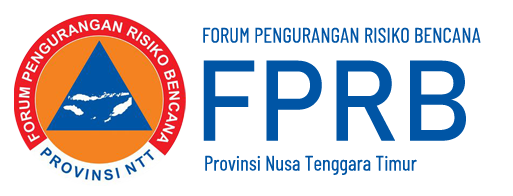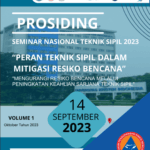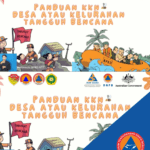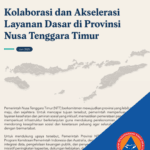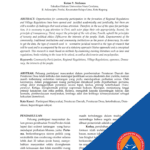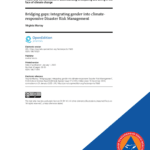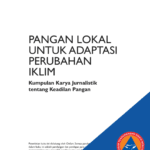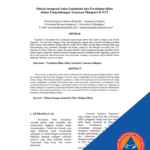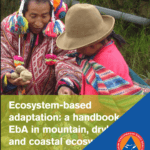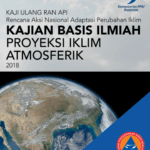Multi-Stakeholder Communication and Coordination Systems in Post-Disaster Socio-Economic Recovery Collaboration
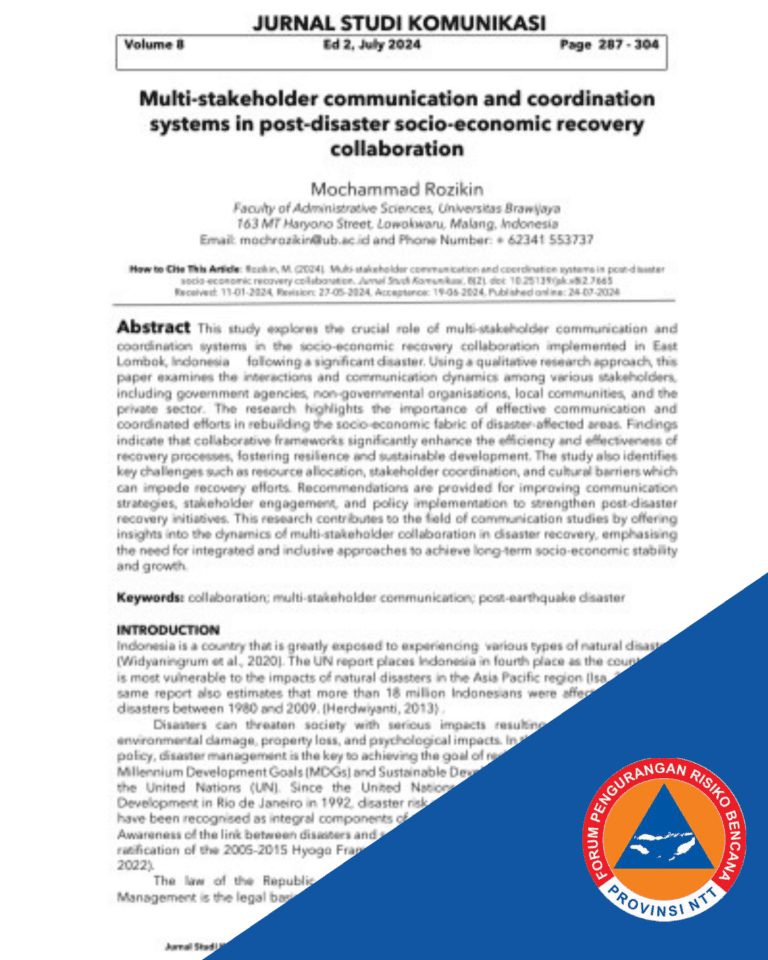
Deskripsi:
This article examines the critical role of multi-stakeholder communication and coordination systems in post-disaster socio-economic recovery, with a case study in East Lombok, Indonesia, following a major earthquake. Through a qualitative research approach, the study explores how various actors—including government agencies, non-governmental organizations (NGOs), local communities, and private sector entities—collaborate to rebuild social and economic structures in the aftermath of disaster. The paper emphasizes that structured and inclusive communication enhances the efficiency and effectiveness of recovery processes, helping to foster long-term resilience and development. The findings reveal that successful recovery depends not only on available resources but also on the quality of communication, mutual understanding, and aligned goals among stakeholders. The article identifies key challenges such as resource distribution, stakeholder engagement, and cultural barriers, and offers recommendations to strengthen policy implementation and communication strategies. This research contributes to the field of communication studies and disaster risk management by highlighting the importance of integrated, participatory approaches in post-disaster governance, especially in disaster-prone regions like Indonesia.
